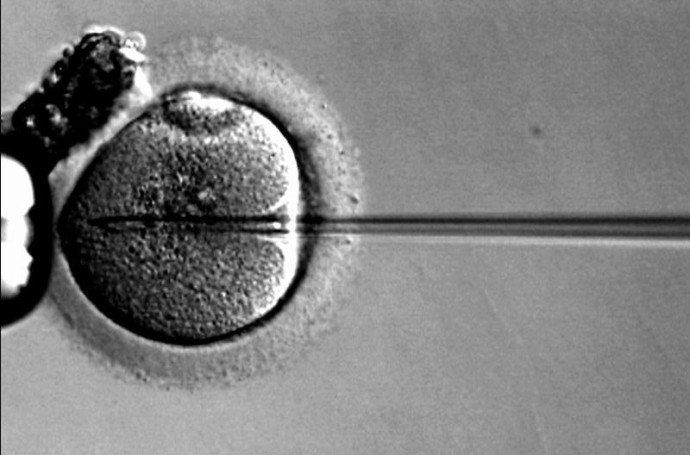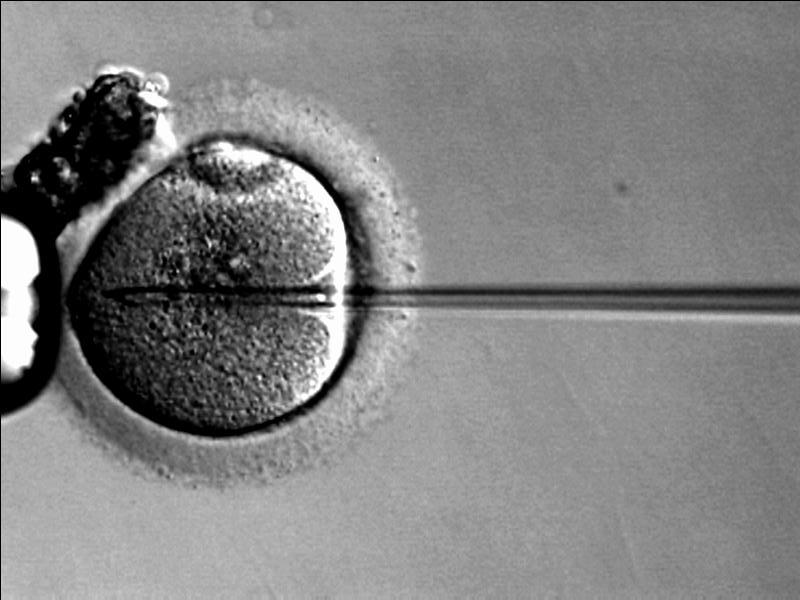
Deciding that you are ready to start a family is a big decision, and like any other life-altering decision, preparing is very important. Often, pregnancy doesn’t occur easily or right away, and after a year of trying to conceive you might want consult a reproductive expert like Dr. Kwang Yul Cha. However, even for couples with no fertility issues, some preparation can be helpful to ensure that conception happens without too much time or stress!
Know the Odds
One of the things can make it harder to conceive is stress about not conceiving. Take some of that stress off your shoulders by having a realistic idea about your odds of conceiving. This will be based on a woman’s age more than anything else – there is no question that fertility decreases with age, and after 30 the odds begin to go down. After 40, the odds of conceiving without intervention fall very quickly. If you have been on birth control medication, it is possible to conceive immediately upon stopping, but it might take a bit of time before normal ovulation resumes.
Get Your Timing Sorted Out, Within Reason
Especially as you get older and conception odds begin to fall, it is important to understand when chances of conception are highest. This involves paying attention to the menstrual cycle, and more particularly, learning to recognize the 1-2 window of opportunity before ovulation when the odds of conception are the highest. Ovulation tests are easily available that can help. At the same time, don’t get too hung up on dates or windows – not only does this create the possibility that sex becomes a stressful chore (with implications potentially for your relationship and for your chances of conception) but it also potentially closes a window of opportunity if the cycle is off by a few days.
Get Healthy
Preparing for conception should involve giving up habits that make that less likely, or that cause stress. Now is the time to quit drinking and smoking, and to pay attention to pre-natal health. Not only are these habits dangerous during pregnancy, but they can also reduce your fertility. Now is also a good time to reduce your intake of caffeine which can trigger miscarriages. Be sure you are getting the necessary vitamins and nutrients (especially folic acid) to support a healthy pregnancy before you come pregnant. Try to maintain active habits and a healthy weight. Get lots of sleep.
Talk with your Partner
Sometimes, we can be surprised by differences of opinion with our partners over things like how to parent, or what religion to raise a child within, or whether breastfeeding or staying home from work is equally important to both. These things will eventually get worked out, but it is ideal if this happens before a pregnancy rather than during or after. Worry about these issues, or money, or parenting anxiety even before a baby is on the way can cause the very stress that can make conception more difficult.
Preparing to start a family, especially if you are trying for your first child, can be an exhilarating and stressful time. Above all, be patient and kind to yourself and with each, and increase your odds of conceiving naturally with a bit of advance preparation.


